In the rich tapestry of Massachusetts’ history lie the silent echoes of towns once vivid with life but now abandoned, their stories hidden beneath layers of time and memory.
These ghost towns, scattered across the state, bear witness to a multitude of narratives from the relentless march of progress to the unforgiving forces of nature.
Each abandoned settlement carries with it a unique tale of prosperity, struggle, and ultimately, departure.
Whether swallowed by reservoir waters or reclaimed by the encroaching wilderness, these ghost towns serve as poignant reminders of the transient nature of human endeavor.
Join us on a journey to explore the forgotten corners of Massachusetts, where the past whispers through the remnants of lost communities.
11 Best Ghost Towns in Massachusetts
While Massachusetts is known for its rich history and vivid cities, it also holds remnants of towns that once thrived but have since become ghost towns, abandoned for various reasons ranging from economic decline to natural disasters.
Here are the 11 best ghost towns in Massachusetts to visit today:
1. Dana

Dana was a small rural town located in Worcester County. Its story is intimately tied to the creation of the Quabbin Reservoir, one of the largest man-made public water supplies in the United States.
In the 1930s, the state of Massachusetts decided to construct the reservoir to supply water to the growing population of Boston and nearby towns.
Dana, along with the neighboring towns of Enfield, Prescott, and Greenwich, was chosen as the site for the reservoir.
Despite protests from residents, the town was disincorporated, and its buildings were demolished or moved to make way for the reservoir.
Today, Dana lies beneath the waters of the Quabbin Reservoir, occasionally revealing remnants of its past during periods of drought.
2. Prescott
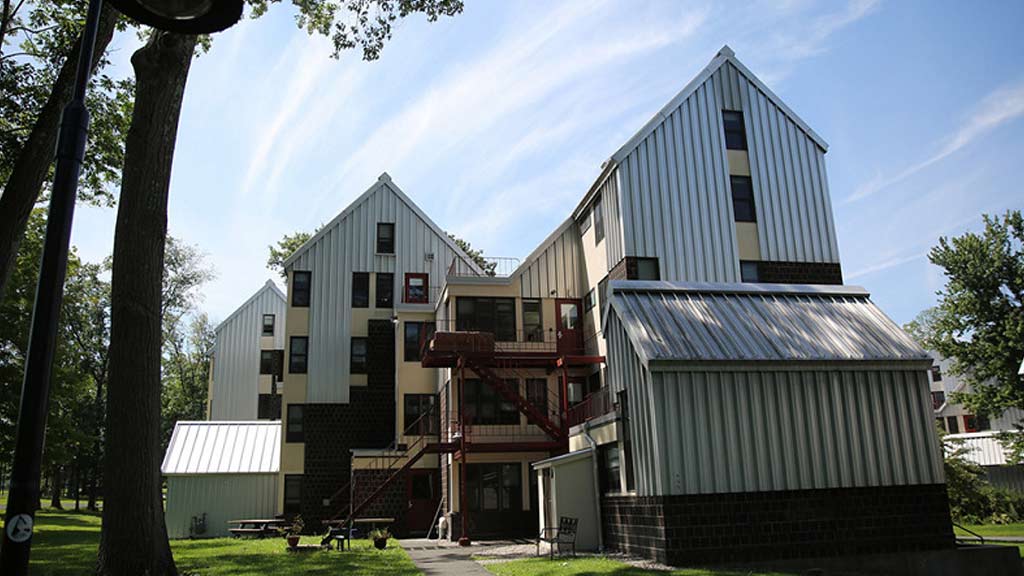
Prescott was situated in Hampshire County, near the Swift River Valley. Similar to Dana, it met its demise due to the construction of the Quabbin Reservoir.
The residents were forced to relocate, and the town was submerged beneath the reservoir’s waters. Today, little remains of Prescott except for the memories of those who once called it home.
3. Enfield
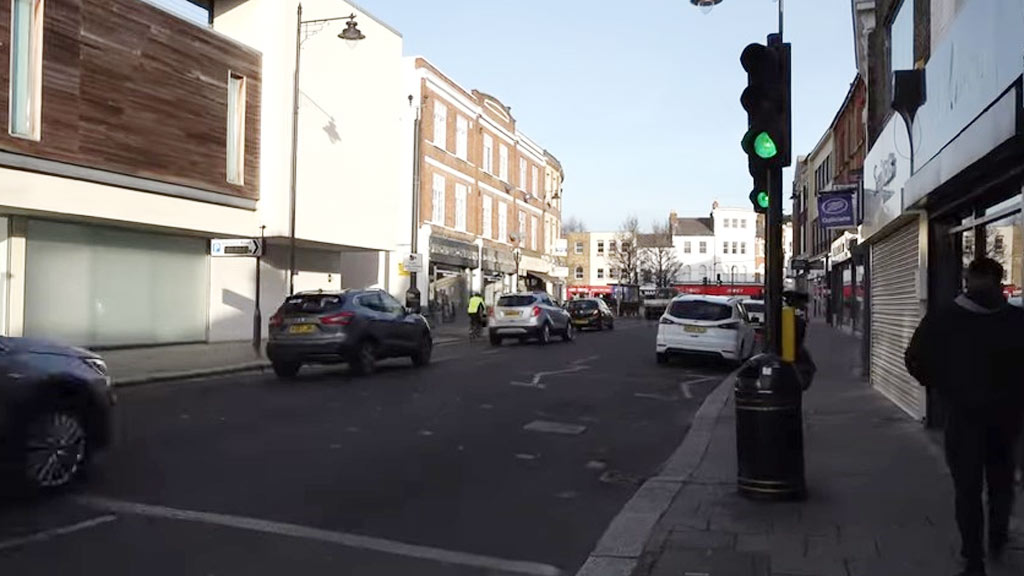
Enfield shared the fate of Dana and Prescott, succumbing to the construction of the Quabbin Reservoir. It was a small town in Hampshire County that had to be abandoned to make way for the reservoir project.
The land where Enfield once stood is now part of the Quabbin Reservoir, serving as a reminder of the sacrifices made for the sake of water supply infrastructure.
4. Dorchester
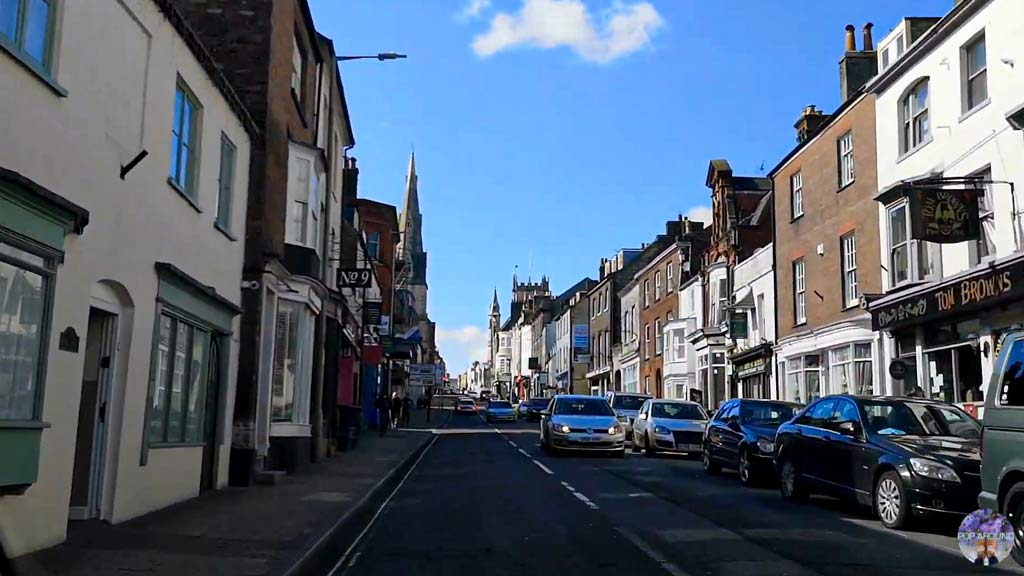
Dorchester, unlike the other ghost towns on this list, was absorbed rather than abandoned. Originally an independent town in Suffolk County, Dorchester was gradually engulfed by the expansion of Boston.
As the city grew, it absorbed surrounding communities, including Dorchester, which became one of Boston’s neighborhoods.
While it’s no longer a separate entity, Dorchester still retains its distinct identity within the fabric of Boston.
5. Jericho

Jericho was a small village located in the town of Berlin, Worcester County. It was primarily an agricultural community, but as industrialization spread across Massachusetts in the late 19th century, Jericho began to decline.
Economic changes and the shift away from small-scale farming led to the gradual abandonment of the village. Today, only a few remnants of Jericho’s existence remain, scattered among the rural landscape.
6. Dogtown
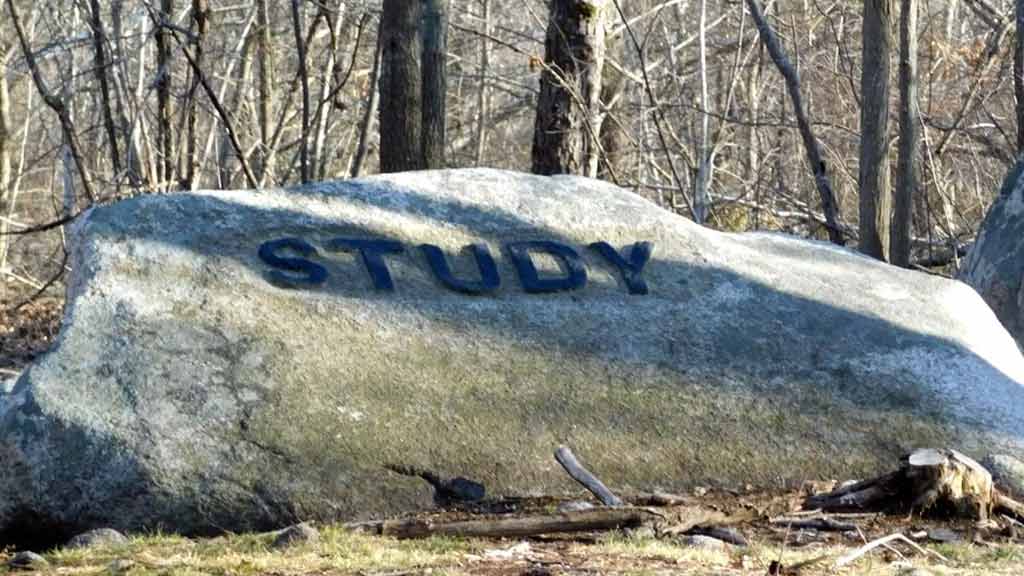
Dogtown, situated in Gloucester, Essex County, has a storied history dating back to the 17th century. Initially settled by European colonists, it later became known for its rocky, inhospitable terrain.
Despite efforts to cultivate the land, Dogtown never flourished economically. By the early 19th century, most residents had left, and the area gained a reputation for being desolate.
Today, Dogtown is part of a nature reserve, with the ruins of old homesteads serving as reminders of its past.
7. Horseneck Beach
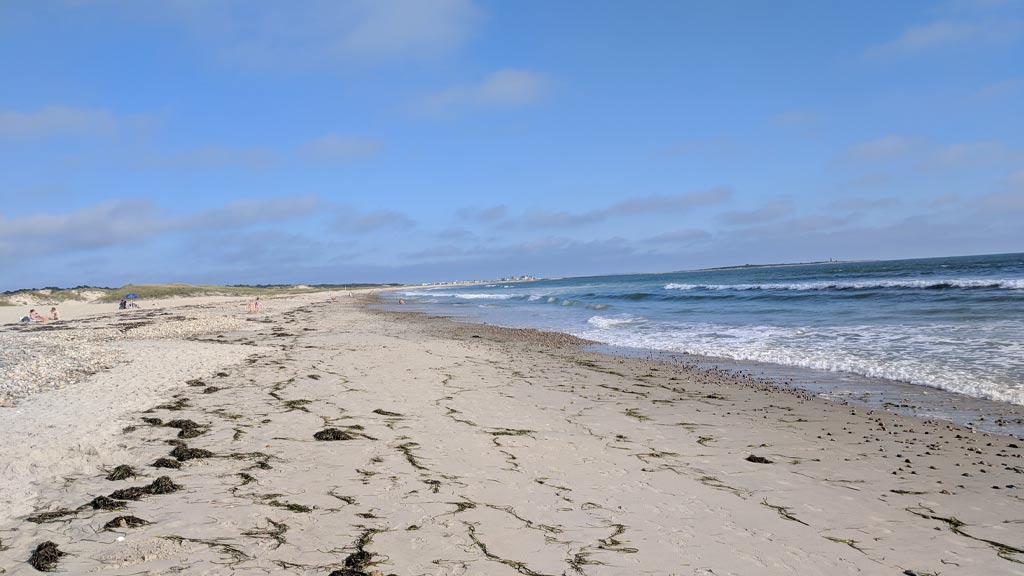
Horseneck Beach was once a thriving community in Westport, Bristol County. Its picturesque coastline attracted settlers and vacationers alike.
However, the area’s vulnerability to severe storms and erosion eventually led to its abandonment. Over time, the remaining structures were either demolished or reclaimed by nature.
Today, Horseneck Beach is part of a state park, offering visitors a glimpse into its past through interpretive displays and walking trails.
8. Mogollon
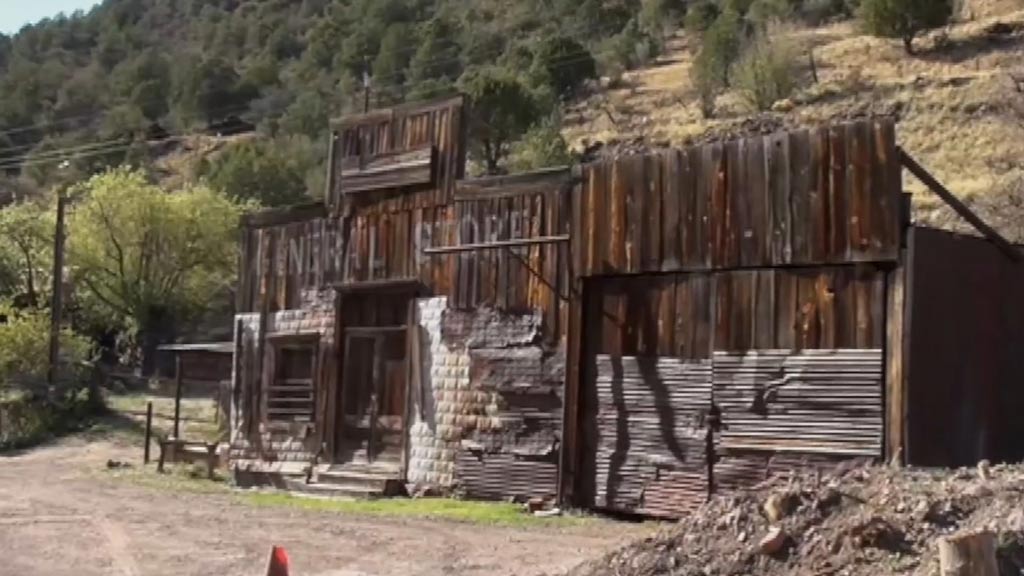
While not originally from Massachusetts, Mogollon, New Mexico, has ties to the Bay State through the miners who sought their fortunes there during the late 19th century.
Many of these miners hailed from Massachusetts and brought their culture and traditions with them to the West. However, as mining activity declined, Mogollon gradually became a ghost town.
Today, it stands as a testament to the boom-and-bust cycles that characterized many Western mining communities.
9. South Worthington
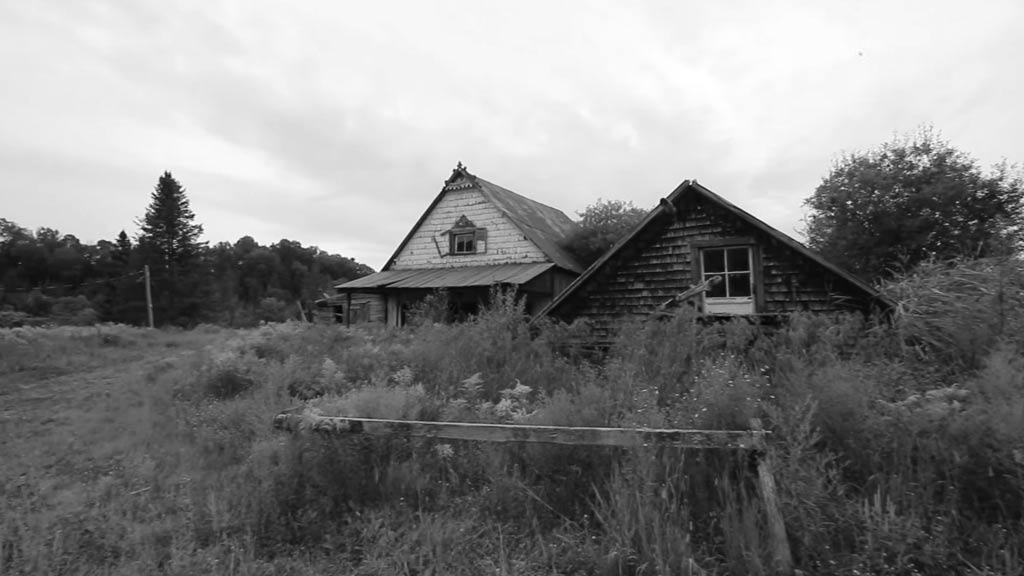
South Worthington was a small farming community located in Hampshire County. Like many rural towns in New England, it faced economic challenges in the 20th century, leading to depopulation and abandonment.
Today, South Worthington is a quiet area with a handful of residents and scattered farms dotting the landscape.
10. Presidential Range
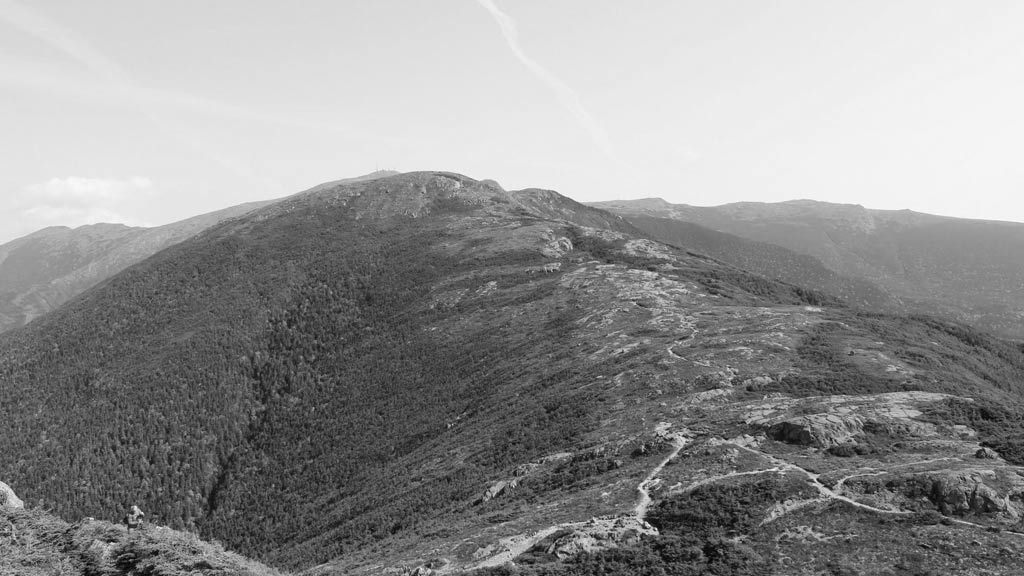
The Presidential Range was a logging community situated in the town of Randolph, Coös County. Logging was once a thriving industry in the area, attracting workers and their families.
However, as logging practices changed and resources dwindled, the community began to decline. Eventually, the remaining residents left, leaving behind the remnants of their former way of life.
Today, the Presidential Range is part of the White Mountain National Forest, offering visitors a glimpse into its logging heritage through interpretive trails and historical sites.
11. Pocomtuc
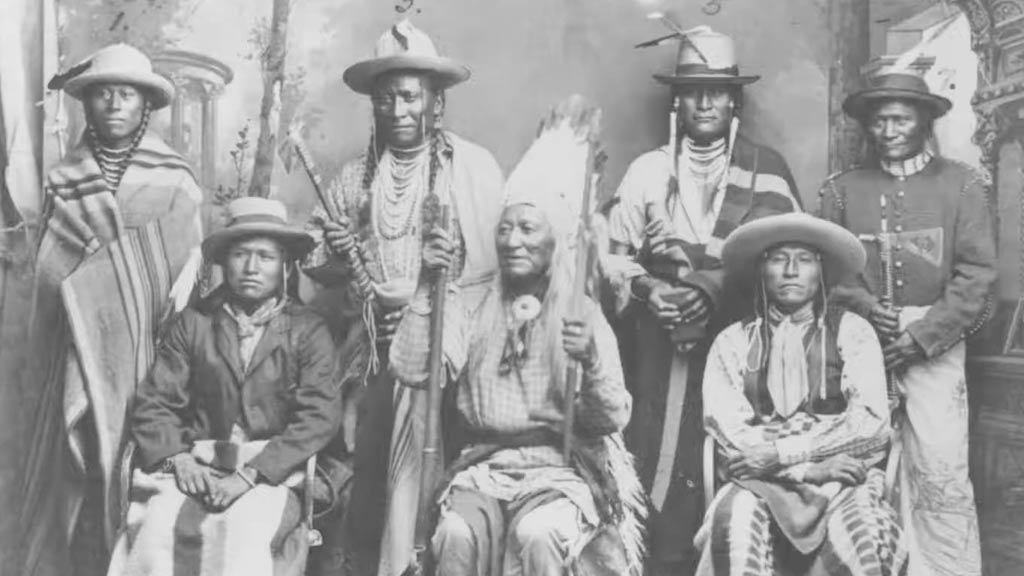
Before European settlement, the Pocomtuc tribe inhabited various areas in what is now Massachusetts.
European diseases and conflicts with settlers decimated the population, leading to the eventual abandonment of many Pocomtuc villages.
While these abandoned Native American settlements may not fit the traditional definition of ghost towns, they hold significant historical and cultural importance, serving as reminders of the indigenous peoples who called the region home long before the arrival of Europeans.
FAQs
What led to the abandonment of these Massachusetts ghost towns?
Many factors contributed to the abandonment of these towns, including economic decline, changes in industry, natural disasters, and the construction of infrastructure projects like reservoirs.
Are there any efforts to preserve or document these ghost towns?
Yes, various historical societies, preservation groups, and government agencies work to document and preserve the history of Massachusetts’ ghost towns.
Can visitors explore these ghost towns?
While some ghost towns are accessible to the public, others may be on private property or located in remote areas with limited access.
It’s essential to research each site before planning a visit and to respect any restrictions or regulations in place.
What can we learn from Massachusetts’ ghost towns?
Massachusetts’ ghost towns offer valuable insights into the state’s history, including patterns of settlement, economic trends, and the impact of human activity on the landscape.
They also serve as reminders of the resilience of communities faced with challenges and change.
Are there any notable ghost towns in Massachusetts that have gained widespread attention?
Yes, some ghost towns in Massachusetts have garnered attention due to their unique histories or preservation efforts.
Examples include Dana, Prescott, and Enfield, which were submerged to create the Quabbin Reservoir, as well as Dogtown, known for its mysterious abandoned ruins.
Jaclyn Lowe